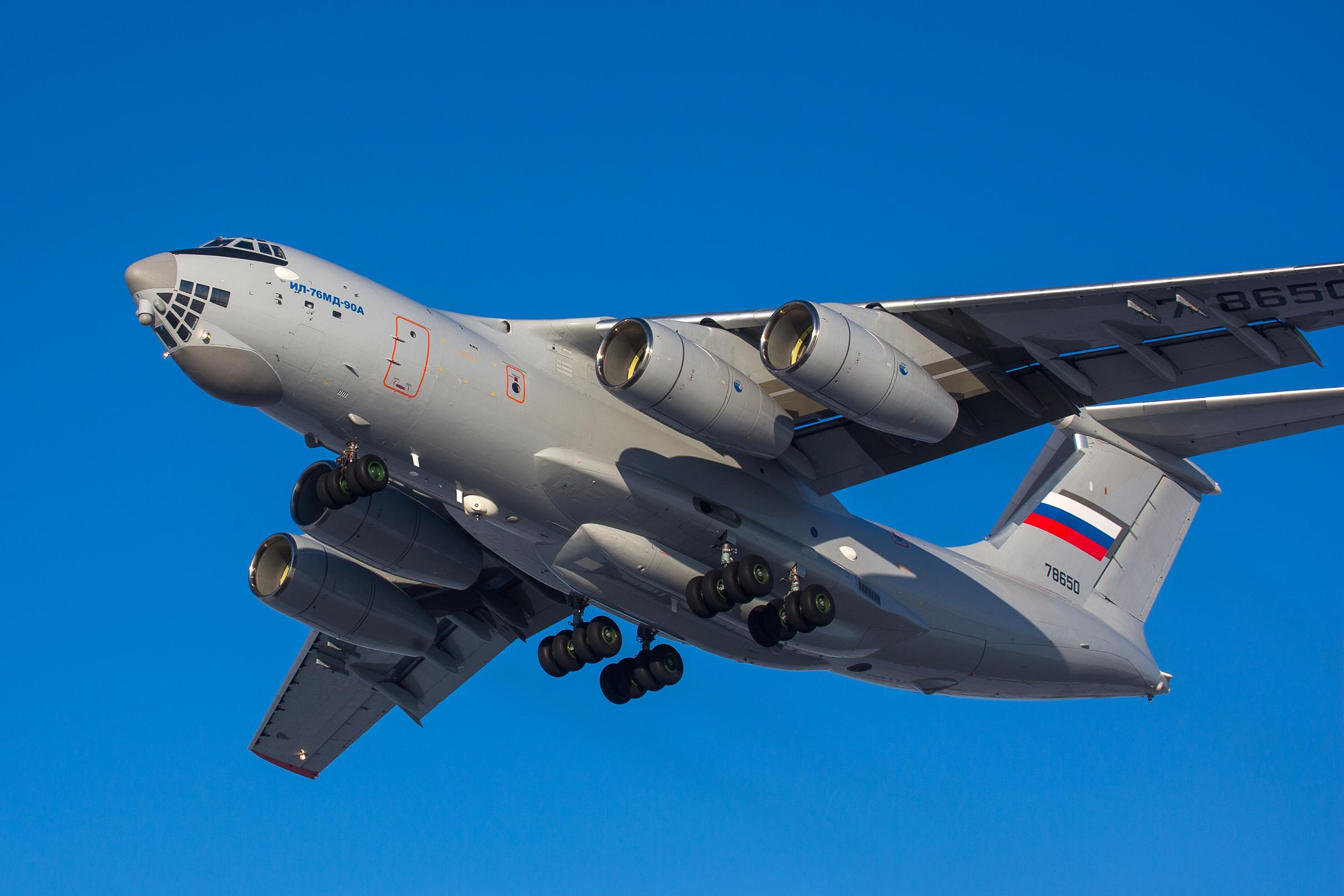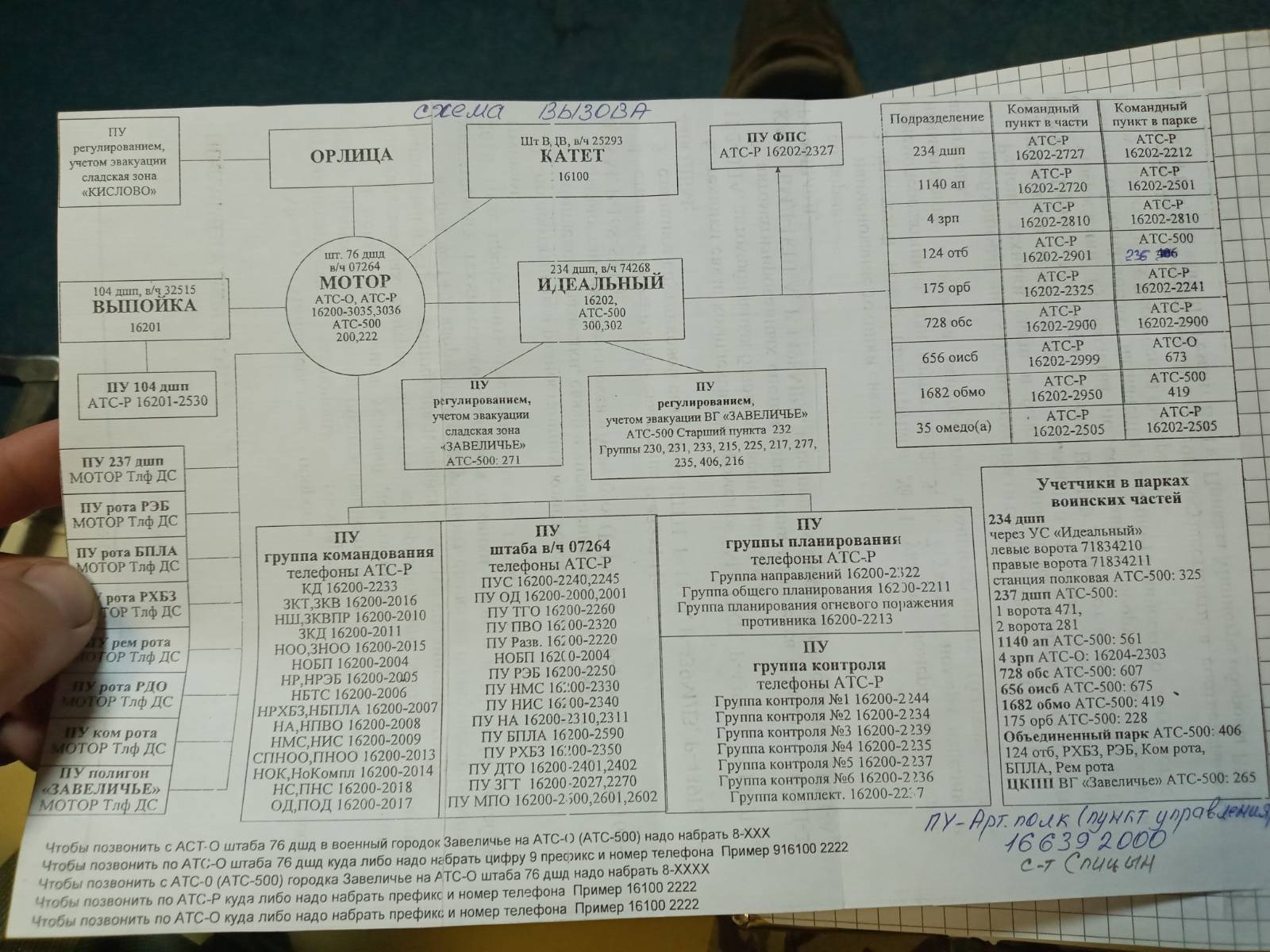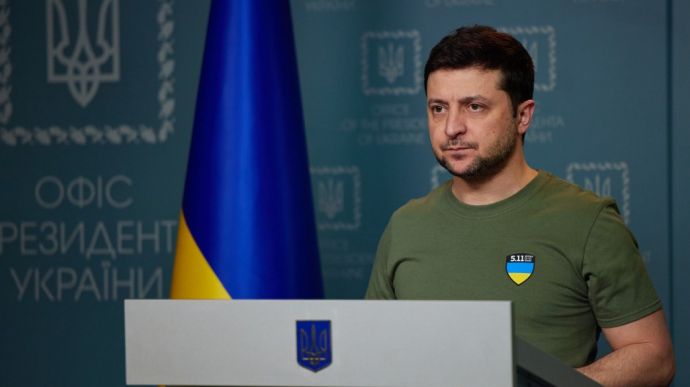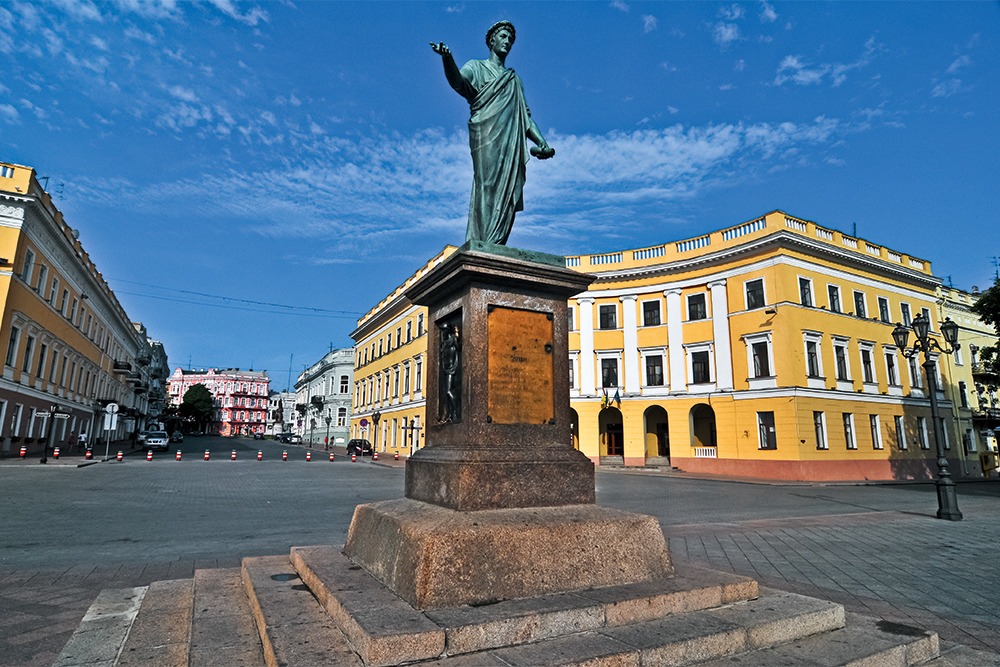The rapid deterioration of Russian-Azerbaijani relations in mid-2025 reflects more than a diplomatic misstep. It marks a broader shift in Russia’s post-imperial decline, the collapse of its authority in the South Caucasus, and the Kremlin’s reliance on ethnic scapegoating and targeted repression as tools of internal control and geopolitical signaling.
The Yekaterinburg raid, which resulted in the deaths of two Azerbaijani citizens during a police operation, was not an isolated instance of excessive force. It was a calculated signal—Moscow’s last-resort attempt to exert dominance over a former satellite now asserting independent geopolitical weight.
Why Now? Five Catalysts Behind Moscow’s Escalation
Russia’s aggression toward Baku is not just rooted in long-standing imperial attitudes but in the Kremlin’s recent string of strategic defeats. Five key developments explain the timing and tone of the current escalation:
- The war in Ukraine: Russia has failed to achieve any decisive success after three years of conflict. Battlefield losses, domestic discontent, and Western unity have strained the regime’s capacity to project power.
- Strategic humiliation in Iran and Syria: Moscow’s silence during Iran’s clash with Israel and its loss of sway in Syria—where Turkey now dominates the landscape—have exposed Russia’s retreat from its former spheres of influence.
- The abandonment of Armenia: In the 2023 Karabakh war, Russia offered no military support to its nominal ally Armenia. From Ankara and Baku’s perspective, this was not a tactical neutrality—it was a glaring sign of weakness.
- Moscow has maintained an imperial posture by failing to acknowledge Azerbaijan’s gains and refusing to recognize the new geopolitical balance, which includes Baku’s control over Karabakh. Putin even refused to apologize for the December 2024 downing of an Azerbaijani civilian aircraft near Grozny by Russian air defense forces.
- A shift in regional alignment: Turkey’s rise as a dominant player—militarily, economically, and diplomatically—offers Azerbaijan an alternative anchor. In contrast, Moscow looks increasingly like a cornered actor clinging to nostalgia and aggression.
Together, these developments point to one conclusion: Russia is provoking Azerbaijan to mask its decline.
Russia’s Eroding Regional Authority
The root of the current conflict lies in Moscow’s unwillingness to accept that its imperial grip has unraveled. Azerbaijan has long moved out of Russia’s orbit—economically, diplomatically, and strategically. Key indicators:
- All energy routes bypass Russia, with pipelines stretching westward to Europe.
- The EU is now Azerbaijan’s top economic partner.
- Azerbaijan has openly supported Ukraine’s territorial integrity and refused to align with Moscow on the war.
Russia, weakened by sanctions, international isolation, and a costly war of attrition in Ukraine, has few remaining tools of influence. One of them is intimidation—exercised through repression of Azerbaijani nationals inside Russia.
There are nearly half a million Azerbaijanis living in Russia by official count, but unofficial estimates place the number closer to two million. In the Kremlin’s logic, they are both a pressure point and a scapegoat.
A Calculated Escalation, Born of Strategic Losses
The Kremlin’s provocation of Azerbaijan—culminating in the violent raid on the Azerbaijani diaspora in Yekaterinburg—was not a spontaneous act of law enforcement but a strategic projection of force designed to mask Moscow’s crumbling position. Unable to assert influence through diplomacy or military dominance, Russia has turned inward, weaponizing its internal minorities as leverage against former allies.
Moscow’s leverage in the South Caucasus has been eroding for years. After failing to protect Armenia during the 2023 Karabakh conflict and losing its foothold with Bashar al-Assad in Syria, Russia’s image as a regional guarantor collapsed. Azerbaijan’s decisive reclaiming of Nagorno-Karabakh—with Turkish backing and in the face of Russian passivity—only confirmed what Baku already understood: the Kremlin has neither the capacity nor the will to dictate terms in the region anymore.
Yet, instead of recalibrating to these new geopolitical realities, the Kremlin chose escalation. As a symbolic gesture of dominance, Russian security forces targeted Azerbaijani civilians living in Russia. Officially, the deadly raid in Yekaterinburg was linked to a two-decade-old criminal case. However, once the public learned about the brutal methods and fatalities, Azerbaijani officials and civil society swiftly pinpointed the true motive: political intimidation.
Xenophobia as State Policy: Russia’s Weaponized Ethnicity
This act of repression fits a broader pattern. The Kremlin’s domestic political doctrine increasingly rests on systemic xenophobia. The Kremlin is scapegoating non-Russian ethnic minorities, especially those with Muslim and Turkic backgrounds, to divert attention from the shortcomings of the war in Ukraine. The media demonizes, harasses, and forcibly mobilizes migrants.
Key state media figures like Vladimir Solovyov openly espouse Islamophobic rhetoric, framing Azerbaijanis and Central Asians as internal threats. Meanwhile, police raids and extrajudicial killings are becoming normalized tools of state coercion. In this context, the violence in Yekaterinburg represents not an exception but a template—designed to signal ethnic dominance and geopolitical frustration.
As Deputy Rizvan Nabiev observed, “Russia is being swept by a wave of chauvinism… what is happening testifies to the transformation of xenophobia into a state strategy.”
Indeed, the Kremlin’s ethnic crackdown serves two objectives: projecting strength where there is none and reinforcing internal discipline through fear.
Baku’s Response: Strategic and Symbolic
Azerbaijan’s reaction was immediate and resolute. The cancellation of all Russian cultural events, the arrest of alleged FSB collaborators, and the detention of Sputnik Azerbaijan journalists marked a turning point. Baku framed the killings as “ethnically motivated, public, and deliberate illegal actions.” The Foreign Ministry’s demand for justice was as much a legal statement as it was a strategic warning: Baku would no longer tolerate Russian impunity.
This backlash should not be seen as spontaneous. Backed by a strengthened Turkey, Azerbaijan now perceives Moscow as politically and militarily paralyzed. With the Kremlin bogged down in Ukraine and diplomatically isolated, Baku understands that Russia lacks both the resources and the will to retaliate.
Moreover, Ankara’s growing regional presence offers Baku an alternative axis of alignment. Turkey’s victories in Karabakh and Syria, as well as its geopolitical maneuvering in Central Asia, position it as a stronger guarantor of Turkic interests than Moscow.
Unlike previous diplomatic skirmishes, this time Baku responded forcefully:
- Cultural and political ties were suspended, with all Russian-sponsored events canceled.
- Azerbaijan detained Russian journalists and arrested a group of Russian citizens allegedly involved in cyber fraud and drug smuggling—in a highly choreographed operation meant to mirror the Yekaterinburg arrests.
- Public messaging shifted. Azerbaijani state television accused Moscow of “repression, chauvinism, and imperialism,” while a prime-time anchor asked:“What’s going on, Putin? Are you worried that Azerbaijan has become a strong country for the first time in 200 years, regained its land, and restored its sovereignty?”
Collapse of Influence, Crisis of Response
The Kremlin’s diplomatic response to this fallout was astonishingly weak. On July 2, Foreign Ministry spokeswoman Maria Zakharova meekly called on Baku to restore ties to the level of “strategic alliance.” This conciliatory posture—after weeks of ethnic violence, media assaults, and cyber operations—only reinforced Russia’s perceived weakness in the region.
For Baku, this may be the end of an era. The post-Soviet model of managed partnership, where Moscow retained symbolic dominance, no longer serves Azerbaijan’s strategic interests. In its place, Baku and Ankara are quietly reshaping regional dynamics, encouraging other Central Asian and South Caucasus nations to do the same.
Should Russia fail to deliver a coherent response—diplomatic, economic, or military—it risks not only alienating Baku permanently but also setting a precedent for further regional defection.
Rather than asserting power, the Kremlin exposed its fragility. Baku and Ankara read this not as diplomacy, but as retreat. So too, likely, did other post-Soviet states, gauging Moscow’s capacity for retaliation.
The collapse of Russia’s imperial narrative is accelerating. Azerbaijan no longer feels the need to defer to Moscow. It has options—Turkey, China, Europe—and the political confidence to confront the Kremlin head-on.
Toward a Regional Realignment
The current rupture in Russian-Azerbaijani relations is not a temporary diplomatic dispute—it’s a structural realignment. At the heart of the issue is a regime that refuses to accept defeat, exerting force through repression despite losing actual control.
Xenophobic authoritarianism at home is now a substitute for coherent foreign policy abroad. But in targeting its minorities to threaten others, the Kremlin reveals the full extent of its ideological collapse and strategic confusion.
Azerbaijan, once a compliant actor in Russia’s regional playbook, is now writing its script—with Turkey, Europe, and China watching closely.
If Moscow’s only answer is silence, nostalgia, or a half-hearted appeal for reconciliation, others in the post-Soviet space will soon follow Baku’s lead.
The deeper tragedy for the Kremlin lies not in losing Azerbaijan but in how it is losing it—through a toxic mixture of denial, chauvinism, and projection. As political scientist Sergey Medvedev once noted, “Empires do not fall in silence—they implode, grasping for enemies among those they once ruled.”
Russia’s desperation to appear strong, even if it means brutalizing minorities within its borders, is a symptom of collapse—not control. And Azerbaijan, sensing that collapse, is walking away—confident that the post-imperial bluff is no longer sustainable.








